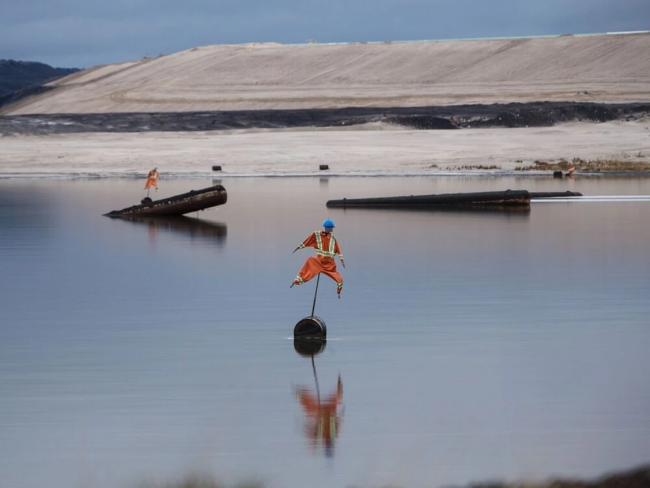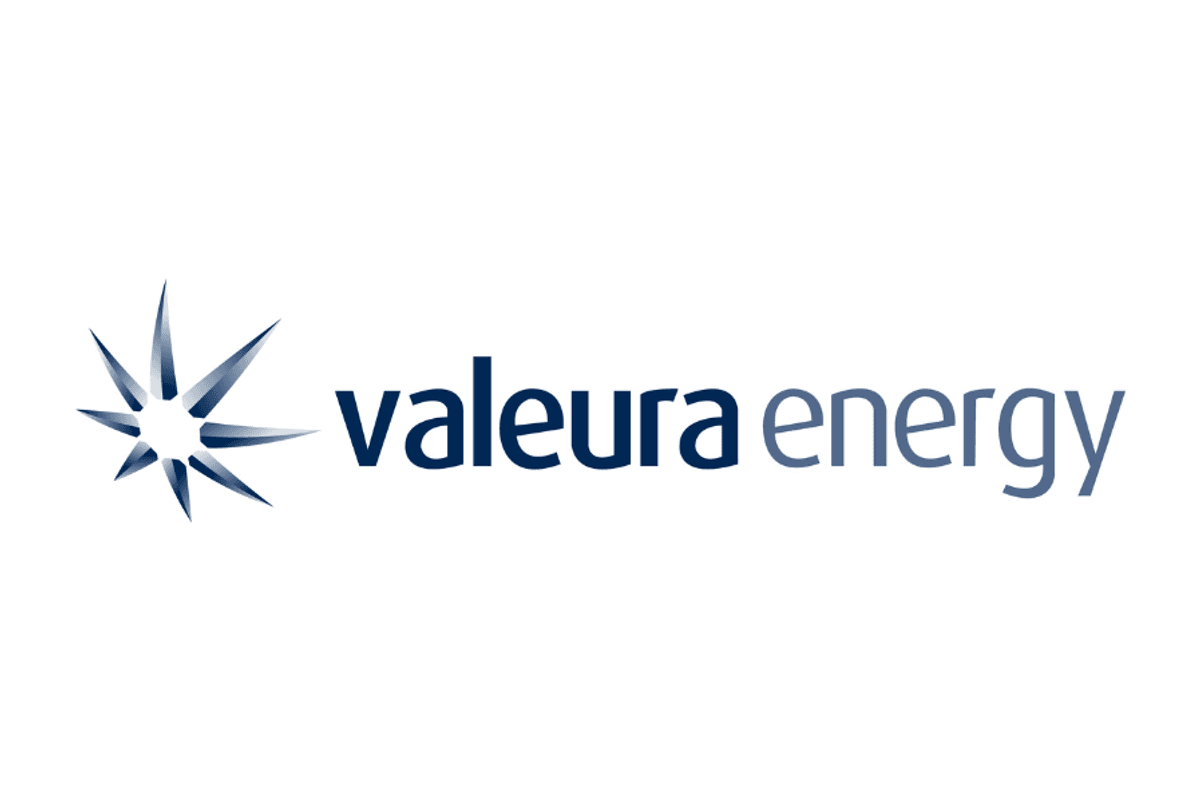Current global unrest and ongoing impacts from the pandemic have brought the security of supply of energy and resource products into sharp focus, not just for Canadians but our allies around the world
This priority was reinforced at the highest political levels with Deputy Prime Minister Chrystia Freeland saying in a recent speech that "Canada must - and will - show similar generosity in fast-tracking, for example, the energy and mining projects our allies need to heat their homes and to manufacture electric vehicles." There is no doubt that Canada and its allies need stability when it comes to ensuring demand for mined products is met, and this extends to our oilsands mining sector.
Providing these essential materials isn't enough. Canada also needs to ensure that its mining industry is operating sustainably, and this includes responsibly reclaiming its sites. Across Canada, provinces and territories have laws to help ensure that this happens. Mining companies are fulfilling their commitments, and there are many examples of mines that have been successfully reclaimed from coast to coast to coast. This is good news.
The oilsands mines in Alberta have similar requirements and commitments to reclamation. However, oilsands mines face a substantial barrier to further reclamation - water. Like all mines and the vast majority of industrial operations, oilsands mines manage and use large amounts of water. While many other types of mines in Canada, such as copper, nickel, gold, and iron, and other industrial operations including pulp and paper and municipal waste facilities, are allowed to release treated water to the environment provided they meet stringent regulatory requirements, there are no such regulations for oilsands mines. Instead, these mines have had to retain most of the water used in their processes, and significant amounts of accumulated precipitation, since they began operating.
As a result, oilsands mines have had to store ever-increasing amounts of water, even with the significant recycling of water that currently takes place on site.
Most of the water at oilsands mines is stored in tailings facilities. Industry has heard Canadians say they want companies to reclaim tailings areas faster and agrees, and to reclaim these tailings facilities most of the water needs to be removed.
Oilsands mining companies have explored many alternatives to treated water release, from sending water to other assets for use to treating the water and capping it, forming pit lakes. Even with these alternate methods, to expedite reclamation water must be treated and released back into the environment.
Canadians are concerned about the possible environmental and human health impacts of releasing this treated water back into any watershed. The industry and research partners have been working for decades to adapt proven water treatment technologies from other sectors and develop new technologies to ensure that water from oilsands mines can be safely treated and released. These technologies have been tried and tested to ensure that they work.
What is needed to enable the applications of these technologies to release treated water from oilsands mines, and to allow these mines to be reclaimed, is a Canadian and provincial regulatory framework for oilsands water release. The government of Alberta's Tailings Management Framework recognizes the need to release water to successfully close and reclaim oilsands mines and so does Canada. Regulations for other industrial and municipal sectors across Canada allow the release of treated water every day with clear limits and conditions.
The oilsands mining industry is asking that this same approach be applied so it can progressively reclaim sites and return the land back to the people of Alberta. We are keen to work with both governments, our Indigenous partners and other stakeholders to develop the right regulation for treated water release that protects the environment and returns the land for future generations.
Pierre Gratton is president and CEO of the Mining Association of Canada. Twitter: @TheMiningStory
Originally published by Calgary Herald here.

View additional multimedia and more ESG storytelling from Suncor Energy on 3blmedia.com.
Contact Info:
Spokesperson: Suncor Energy
Website: https://www.suncor.com/en-ca/sustainability
Email: info@3blmedia.com
SOURCE: Suncor Energy
View source version on accesswire.com:
https://www.accesswire.com/733034/Opinion-Treated-Mine-Water-Release-Essential-to-Oilsands-Reclamation




